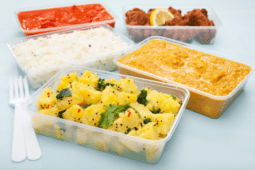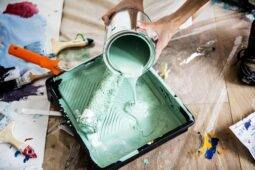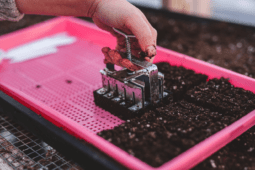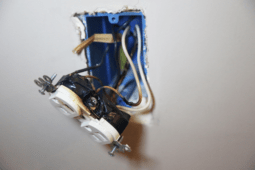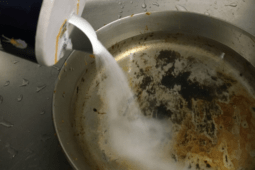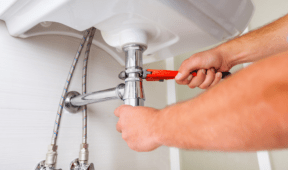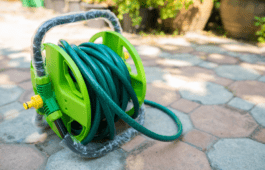These 5 Household Items Will Ruin Your Septic Tank
Over 60 million people in the U.S.A. alone rely on septic tank systems for their home plumbing. They’re extremely beneficial for a number of reasons, but also somewhat fragile, and sometimes what you rinse down your drain is more harmful than you might think. If your home runs on a septic system, knowing what to avoid is the first step to avoiding expensive repairs. Here are six common things many people use every day that could quietly be ruining your septic tank.
1. Antibacterial Cleaners
It’s easy to reach for a strong cleaner to disinfect your home, but most antibacterial products don’t stop at killing germs. They also wipe out the good bacteria in your septic tank that help break down waste. Over time, this throws the system off balance, causing buildup and blockages. Instead, choose septic-safe or plant-based cleaners when disinfecting your home. They’re still effective for cleaning, but less likely to disrupt the bacteria your system needs.
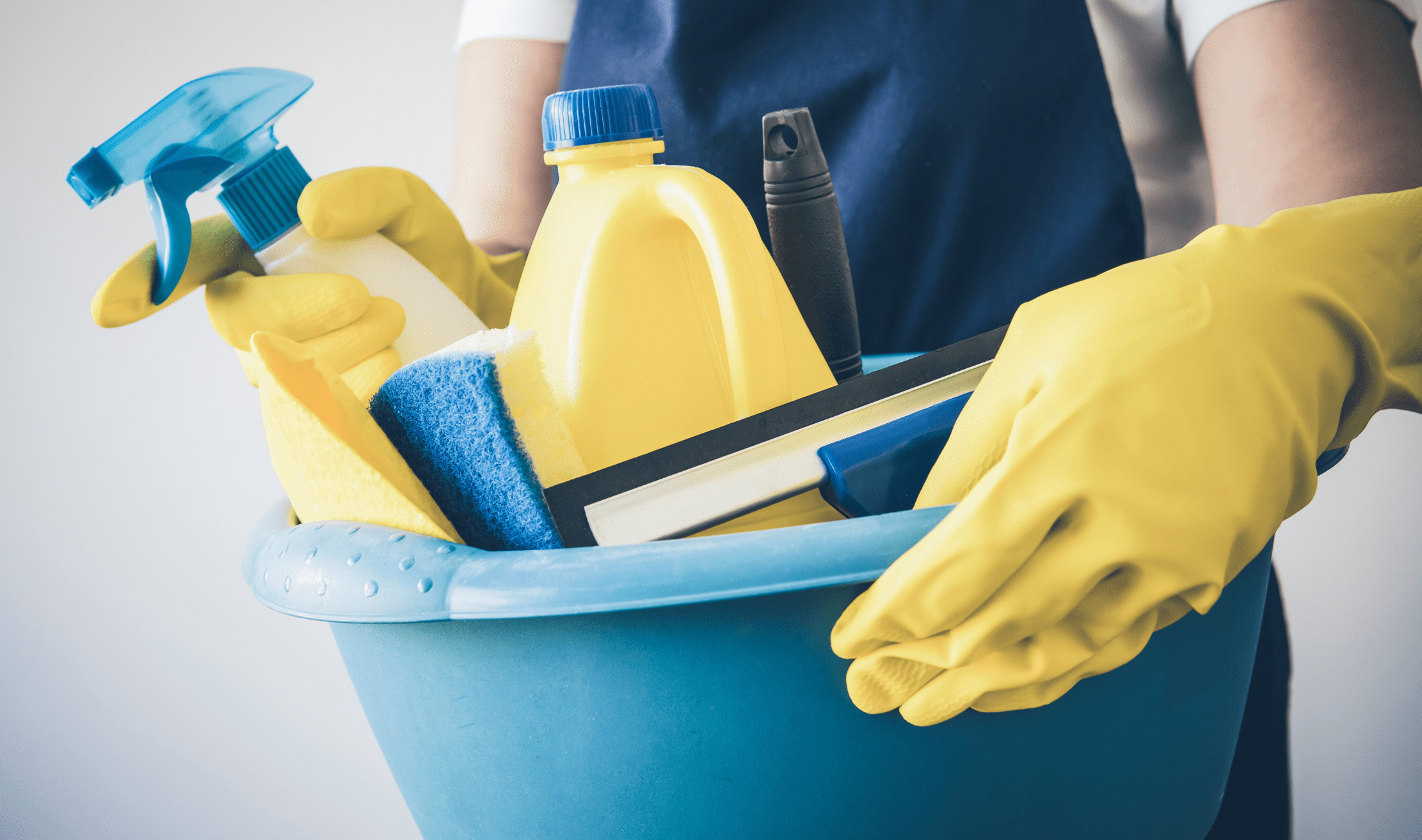
2. Flushable Wipes
Despite the label, “flushable” wipes are not septic-safe. These wipes don’t break down easily, and once flushed, they often settle in your tank and create blockages. Over time, they can clog pipes and even back up the entire system. Toilet paper is the only paper product that should ever go down the toilet. If you prefer wipes for personal use, dispose of them in the trash instead.
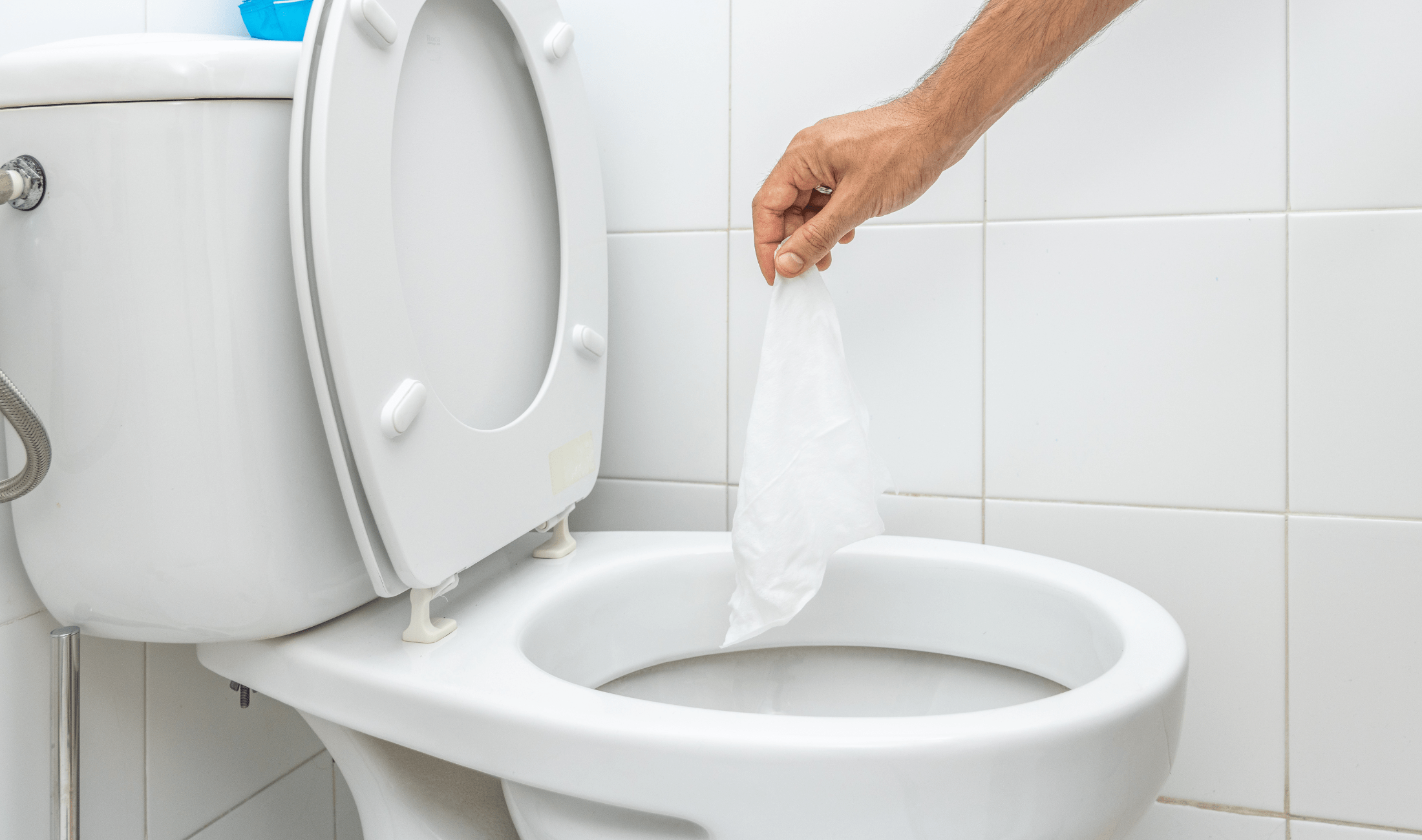
3. Coffee Grounds
Yes, this means rinsing out your french presses and portafilter baskets in the sink might not be a smart move. Coffee grounds don’t break down easily and tend to clump together, settling at the bottom of your tank. This adds to the solid waste layer and can fill up your tank faster than expected. Instead, compost your coffee grounds or toss them in the trash, using a cloth to clean them out rather than water.
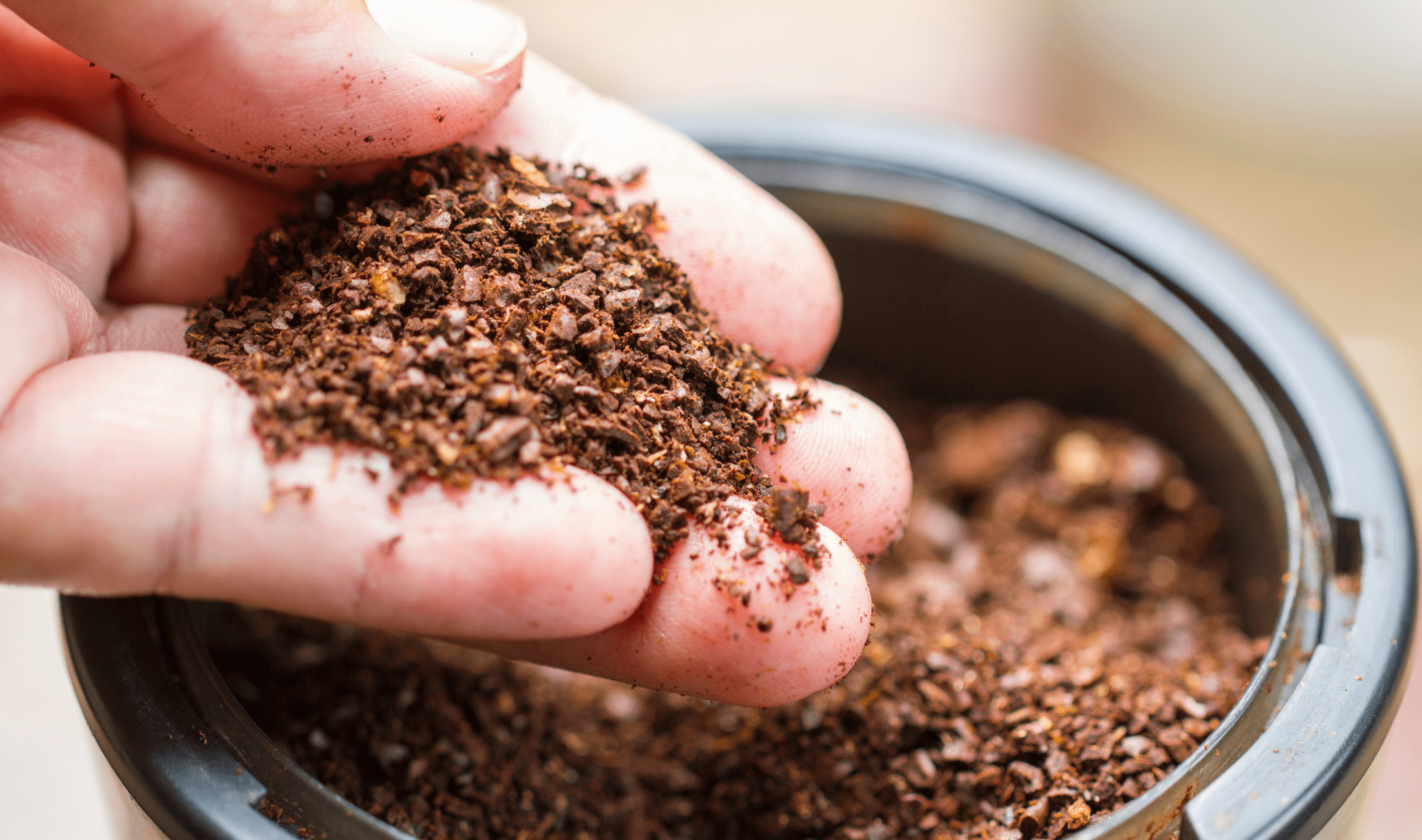
4. Grease and Cooking Oils
This one is rather well-known, as oils aren’t good to pour down the drain regardless of what system you have. Grease doesn’t dissolve. It cools, solidifies, and coats your pipes. Over time, for septic systems, this creates a thick buildup that blocks water flow and damages the tank. The safest way to dispose of grease is to let it cool, then scrape it into the trash. Try pouring it into a can or other container, storing it in your freezer, then throwing the whole thing out once it’s full! Makes oil cleanup much easier.
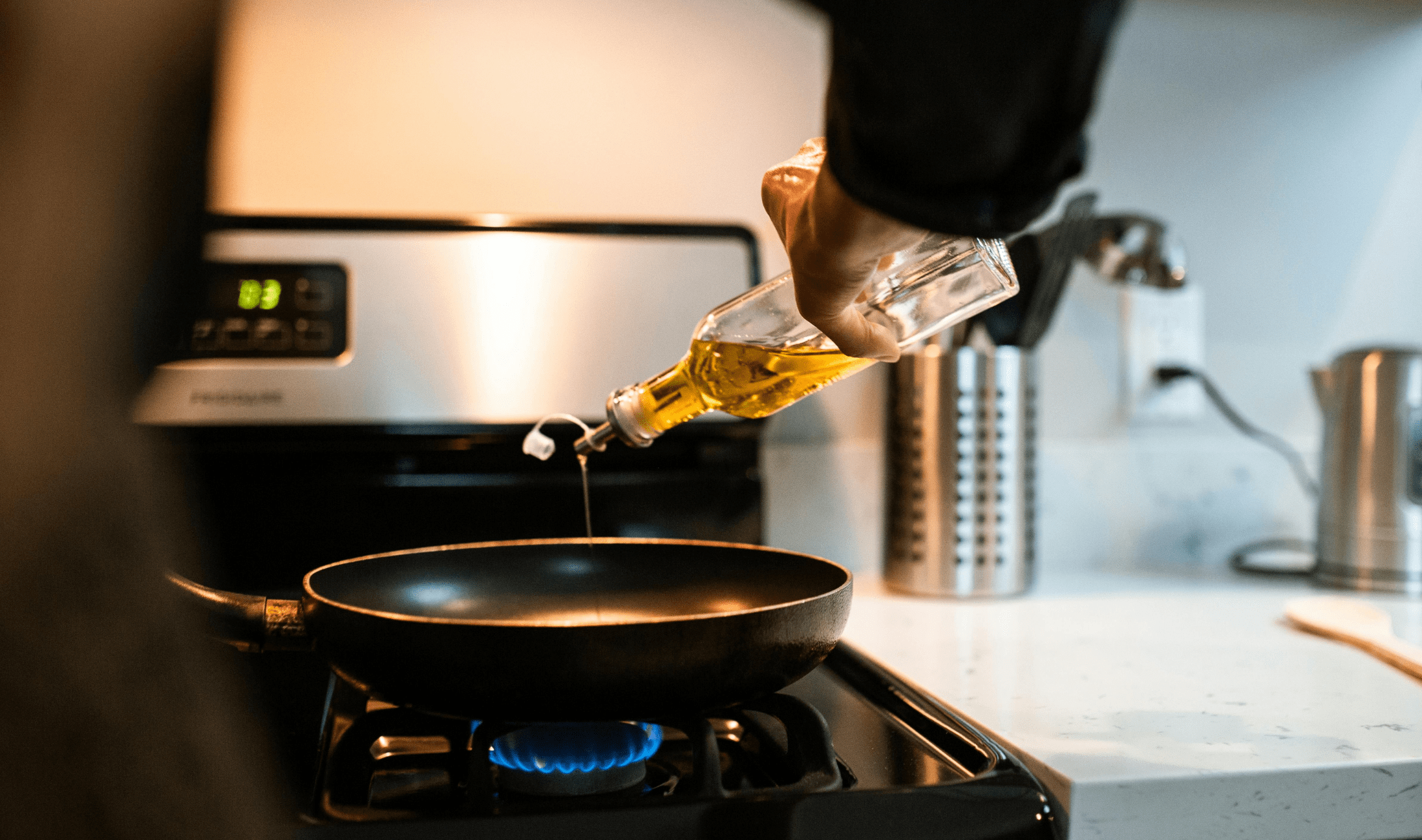
5. Excessive Water Usage
Using too much water in a short time can actually overwhelm your septic tank. This includes long back-to-back showers, running multiple loads of laundry, or draining a full bathtub while the dishwasher’s running. When the system is flooded, solids don’t settle properly, which can push waste out to your drain field too soon. Spread out water use throughout the day, and consider using high-efficiency appliances to reduce strain on your septic system.
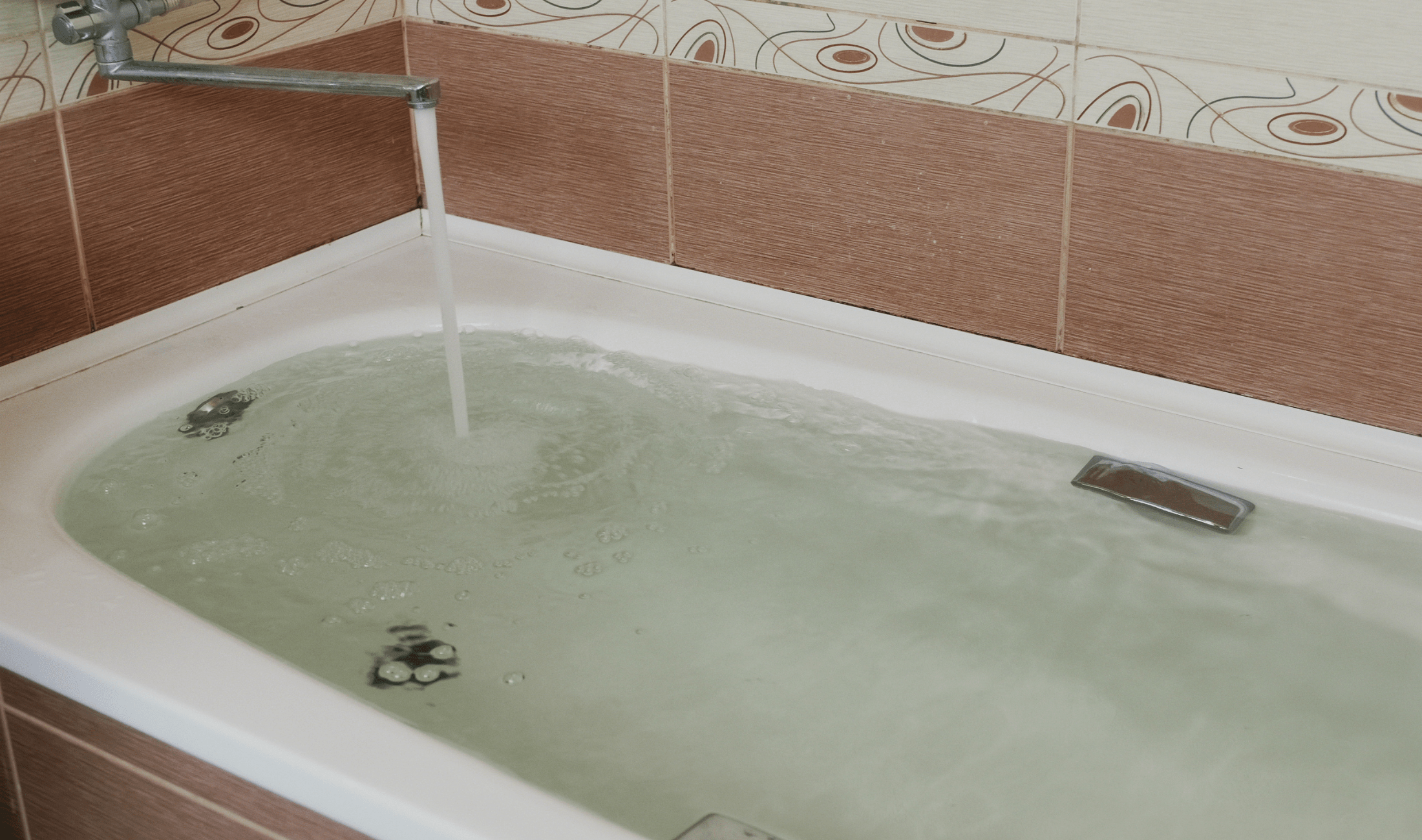
Related Articles
- Don’t Let This Common Plumbing Problem Ruin Your Home
- 5 Easy Ways To Unclog Your Bathroom Sink
- 4 Things Plumbers Urge You to Stop Flushing
Your septic system is easy to forget about…until it becomes a problem. A few small changes in your household habits can make a big difference in how well it works and maintains itself. By avoiding these common items and being mindful of what goes down your drains, you’ll protect your system and save yourself from costly repairs down the road. A small price to pay now for safe, secure, reliable plumbing.


